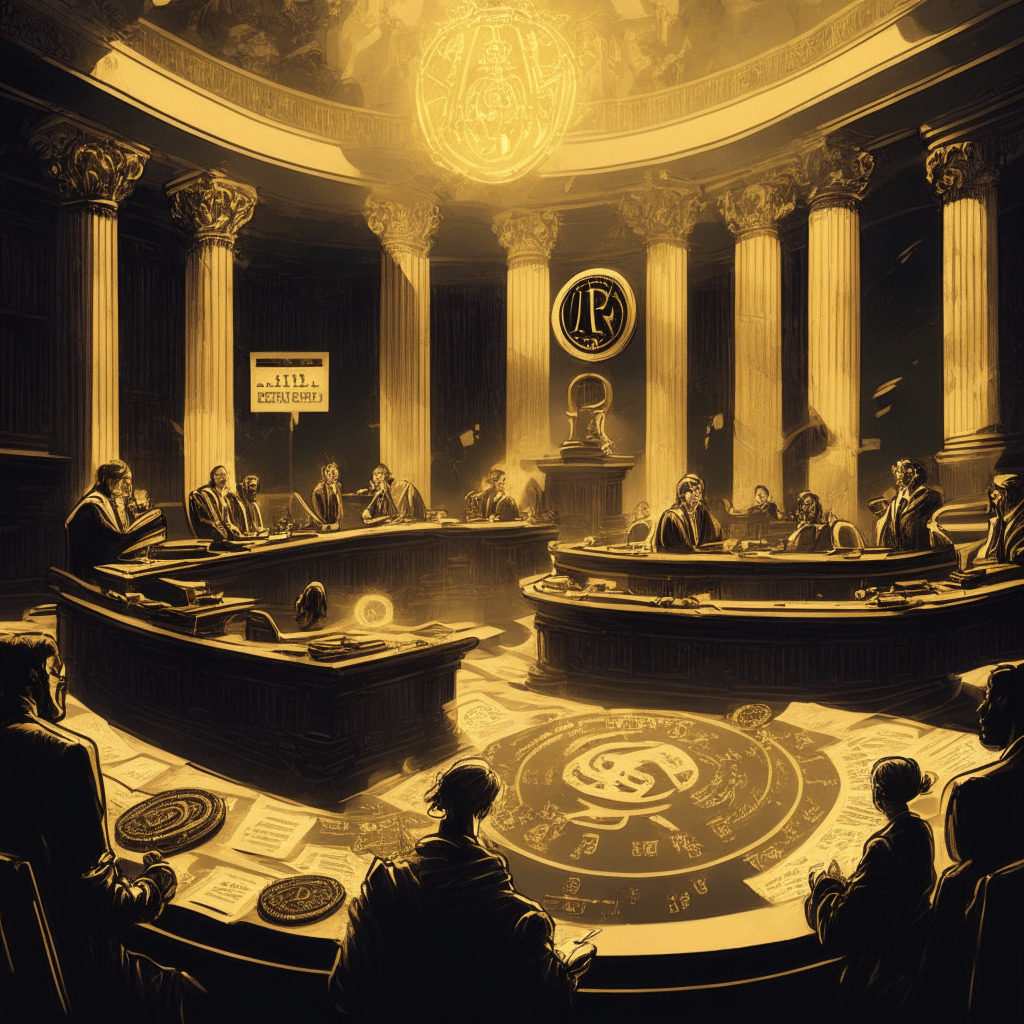The United States Securities and Exchange Commission (SEC) and BAM Trading (Binance’s U.S. arm) have recently filed a request for a consent order that aims to ease some of the restrictions imposed from a previous SEC request to freeze the company’s assets. This proposed consent order offers more assurances for the SEC, allowing BAM Trading to maintain payroll and other financial commitments.
The primary condition for this asset thawing is that Binance, under no circumstances, can make payments or transfer any assets to or for the benefit of any Binance entity or individual, or any entity acting on behalf of Binance. This order further states that Binance CEO Changpeng Zhao specifically cannot access any BAM Trading or Binance.US assets.
The SEC initially filed an emergency request with the court to have BAM Trading’s assets frozen due to its lawsuit against Binance and Zhao. In response, BAM Trading filed an opposition argument, asserting that the SEC’s underlying rationale for requesting the freeze did not meet the burden of proof required by the court.
As of now, the proposed consent order has not yet been approved, with signs of disagreement between the SEC and Binance over details. The court has called for further clarification and has requested that both parties submit any changes for consideration before making a decision concerning the proposed consent order.
Though some perceive this move as an attempt to protect investors and maintain market integrity, skeptics argue that it may stifle innovation and limit the industry’s growth potential. While it remains to be seen how this compromise will impact Binance and the broader crypto market, it is a pertinent example of the evolving relationship between regulatory bodies and the cryptocurrency industry.
With governments and regulatory authorities around the world grappling with crypto-assets and their implications, this proposed consent order is indicative of the continual struggle to establish a proper balance between regulation and innovation. Ultimately, the future of this blockchain-inspired technology will significantly depend on how it navigates the uncharted territories of regulation while retaining its transformative potential.
Source: Cointelegraph




